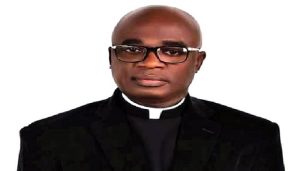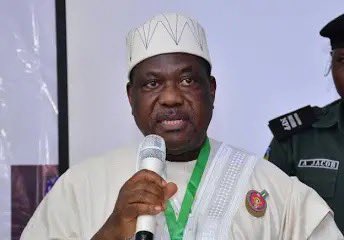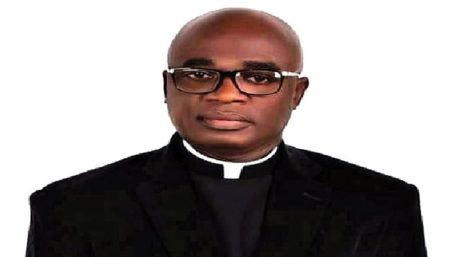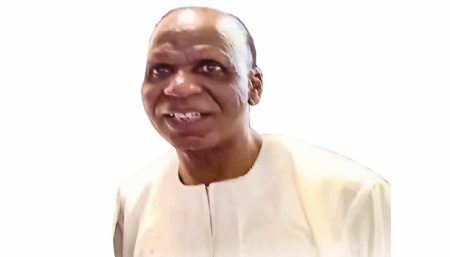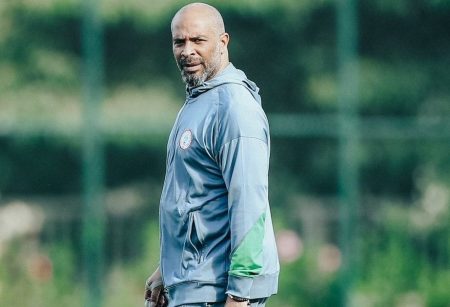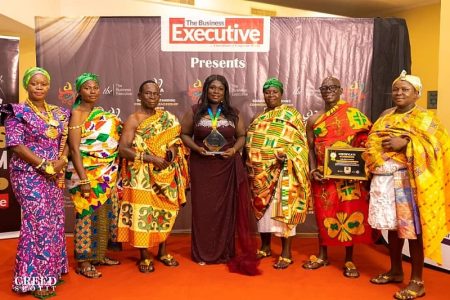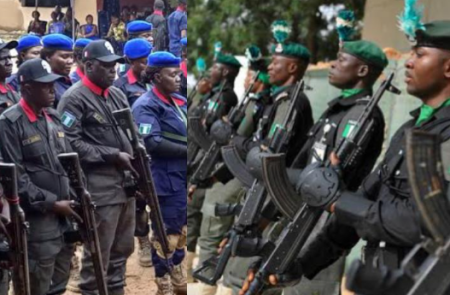The Genesis of Nigeria’s Democracy Day: A Journey from Military Rule to Civilian Governance
Nigeria’s journey towards democracy has been a long and arduous one, marked by periods of military intervention and struggles for civilian rule. The country gained independence from British colonial rule on October 1, 1960, ushering in an era of optimism and hope for a prosperous future. However, this initial period of democratic governance was short-lived, as a series of military coups disrupted the political landscape, leading to decades of authoritarian rule. The military interventions were often justified by claims of corruption, mismanagement, and political instability. However, these periods of military rule were also characterized by human rights abuses, suppression of dissent, and a lack of accountability.
The struggle for the restoration of democracy in Nigeria gained momentum in the 1990s, fueled by pro-democracy activists, civil society organizations, and international pressure. The annulment of the June 12, 1993, presidential election, widely believed to have been won by Moshood Kashimawo Olawale Abiola, further galvanized the pro-democracy movement. The subsequent years witnessed increased protests and calls for a return to civilian rule. The death of Sani Abacha, the military head of state, in 1998 paved the way for a transition to democracy.
On May 29, 1999, Nigeria marked a significant milestone with the inauguration of Olusegun Obasanjo as the democratically elected president, signaling the end of military rule and the beginning of the Fourth Republic. This date was initially designated as Democracy Day to commemorate the restoration of civilian governance. However, in 2018, the Federal Government of Nigeria officially changed the date of Democracy Day to June 12, in recognition of the significance of the June 12, 1993, election and the sacrifices made by pro-democracy activists.
Commemorating Democracy Day 2025: A Celebration of Progress and Renewed Hope
The year 2025 holds particular significance for Nigeria as it marks another milestone in the country’s democratic journey. The Federal Government, recognizing the importance of this occasion, has inaugurated an Inter-Ministerial Committee to oversee the planning and execution of the 2025 Democracy Day celebration. This committee, chaired by the Secretary to the Government of the Federation, George Akume, has been tasked with organizing a memorable and impactful national event that reflects the progress made in consolidating democracy and the aspirations for the future.
The planned activities for the 2025 Democracy Day celebration encompass a diverse range of events aimed at engaging various segments of the Nigerian population. These activities include a World Press Briefing, special Juma’at and church services, a youth program, a public lecture, and a presidential broadcast alongside the traditional Democracy Day parade. These events are designed to foster national unity, promote dialogue, and showcase the achievements of the government while reaffirming its commitment to democratic ideals.
The committee, comprising key government officials, security chiefs, and permanent secretaries, reflects the importance attached to the 2025 Democracy Day celebration. The diverse representation within the committee ensures a comprehensive approach to planning the event, taking into account various perspectives and expertise. The committee’s mandate is to work in synergy with the administration of President Bola Tinubu to advance the Renewed Hope Agenda, aligning the celebration with the government’s vision for the country.
The Significance of the 2025 Democracy Day Celebration: Reflection, Renewal, and Rededication
The 2025 Democracy Day celebration provides an opportunity for Nigerians to reflect on the journey from military rule to democratic governance, the progress made, and the challenges that remain. It is a time to honor the legacy of the country’s democratic heroes, those who fought tirelessly for the restoration of civilian rule and the entrenchment of democratic values. The celebration serves as a reminder of the sacrifices made to ensure that the voices of the people are heard and that government is accountable to its citizens.
The celebration is also an opportunity for renewal and rededication to the principles of democracy. It is a time to reaffirm the commitment to upholding the rule of law, protecting human rights, and ensuring good governance. The 2025 Democracy Day celebration provides a platform for the government to engage with the Nigerian people, to present its achievements, and to outline its vision for the future.
Strengthening Democratic Institutions: A Continuous Process
The journey towards consolidating democracy is an ongoing process, requiring continuous efforts to strengthen democratic institutions, promote civic participation, and ensure accountability. The 2025 Democracy Day celebration serves as a reminder of the importance of these efforts and the need for collective action to build a strong and vibrant democracy.
Looking Ahead: The Future of Democracy in Nigeria
As Nigeria looks ahead, the 2025 Democracy Day celebration offers an opportunity to envision the future of democracy in the country. It is a time to reflect on the lessons learned, to identify the challenges that lie ahead, and to chart a course towards a more inclusive and participatory democracy. The celebration reinforces the importance of upholding democratic values, promoting good governance, and ensuring that the dividends of democracy are enjoyed by all Nigerians.
The Inter-Ministerial Committee: A Collaborative Effort to Ensure a Memorable Celebration
The inauguration of the Inter-Ministerial Committee underscores the Federal Government’s commitment to organizing a befitting celebration for Democracy Day 2025. The committee’s composition reflects a collaborative approach, bringing together representatives from various ministries, security agencies, and government offices. This collaborative effort ensures a comprehensive and well-coordinated approach to planning and executing the various activities lined up for the celebration. The committee’s mandate to work in synergy with the Tinubu administration reflects the government’s desire to align the celebration with its Renewed Hope Agenda, further emphasizing the importance of this event in the national calendar.



